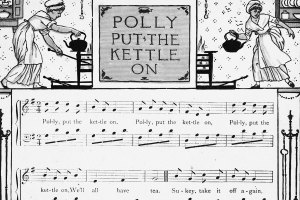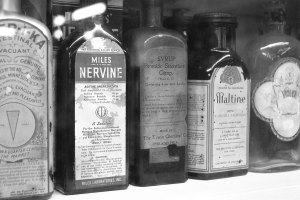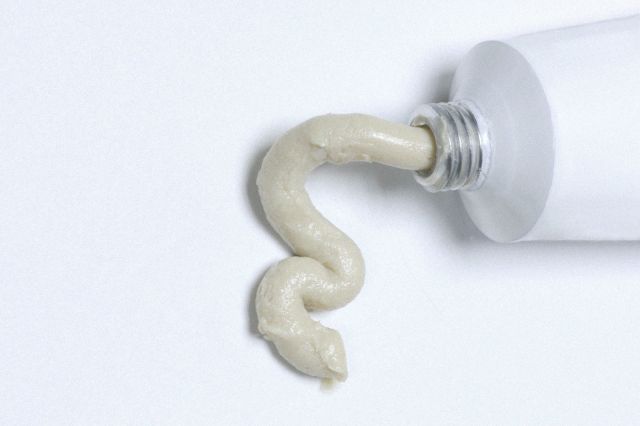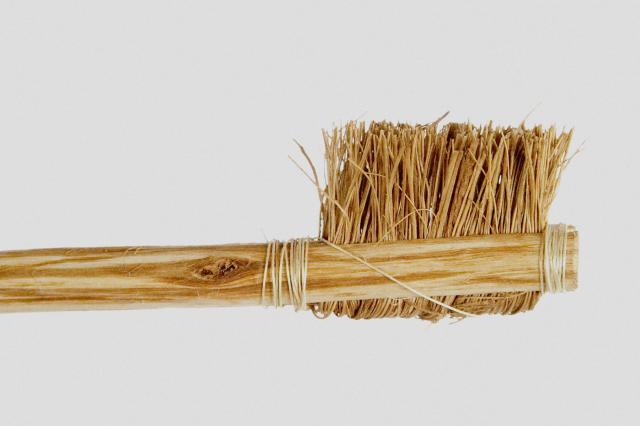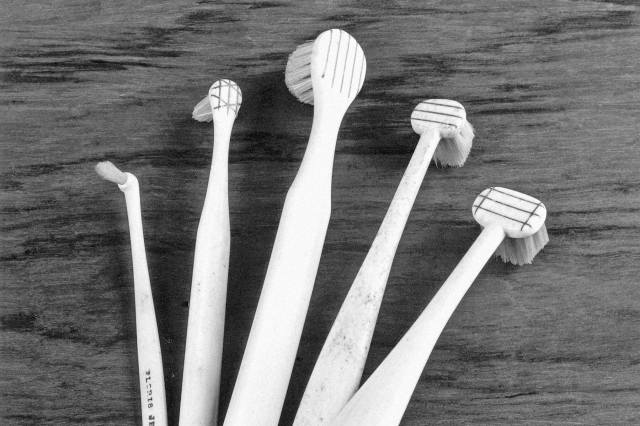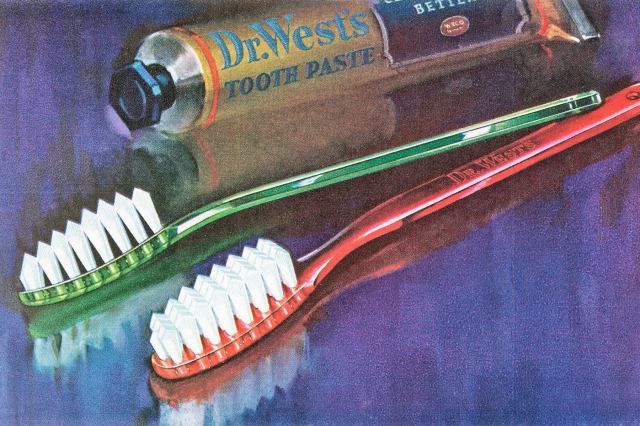What Did People Use Before Toothbrushes?
Since the fourth millennium BCE, when urban civilizations first appeared in ancient Mesopotamia, humans have strived to achieve proper dental hygiene. Yet the nylon-bristled toothbrush we use today didn’t come along until the 1930s. For the thousands of years in between, people relied on rudimentary tools that evolved with scientific knowledge and technological advancements over time. Some of the earliest toothbrush predecessors date as far back as 3500 BCE. Here’s a look at how people kept their teeth clean before the modern toothbrush.

Chew Sticks and Toothpicks
Sometime around the year 3500 BCE, the ancient Babylonians (located near modern-day Iraq) created a tool known as a “chew stick.” This simple, handheld piece of wood is considered the earliest known direct predecessor to the toothbrushes we use today. Chew sticks were simple wooden twigs cut to approximately 5 or 6 inches long. One end of the stick was then softened in boiling liquid to help separate the fibers, creating an almost brushlike effect. Individuals would chew on these sticks to freshen their mouths, as the frayed fibers would slide between the teeth and help loosen debris. Many early Arab cultures used a specific shrub called Salvadora persica (also known as the “toothbrush tree”) to create their chew sticks, which they called miswak. The shrub was particularly aromatic in nature and thought to have a stronger mouth-freshening effect than other plants.
Around this same time, civilizations in Mesopotamia, Egypt, and elsewhere in the ancient world also used early versions of a toothpick to keep their teeth clean. These were often made of thin pieces of wood, though in later years, wealthy individuals began crafting toothpicks from brass and silver for added opulence and durability. In ancient Greece, toothpicks were known as karphos, roughly meaning “blade of straw,” suggesting the Greeks may have used coarse fibers such as straw in addition to wood.






